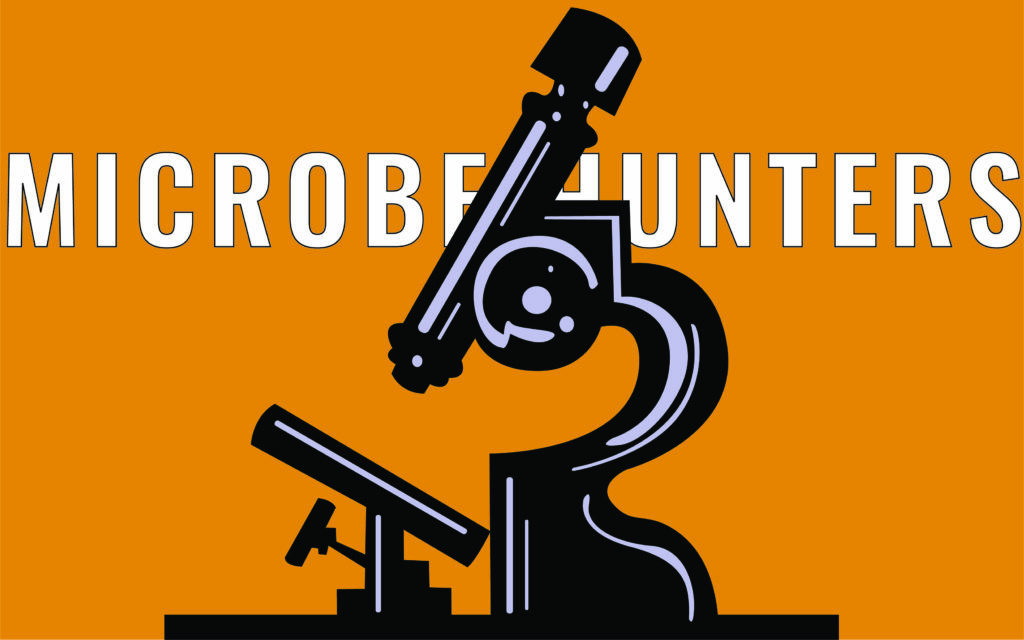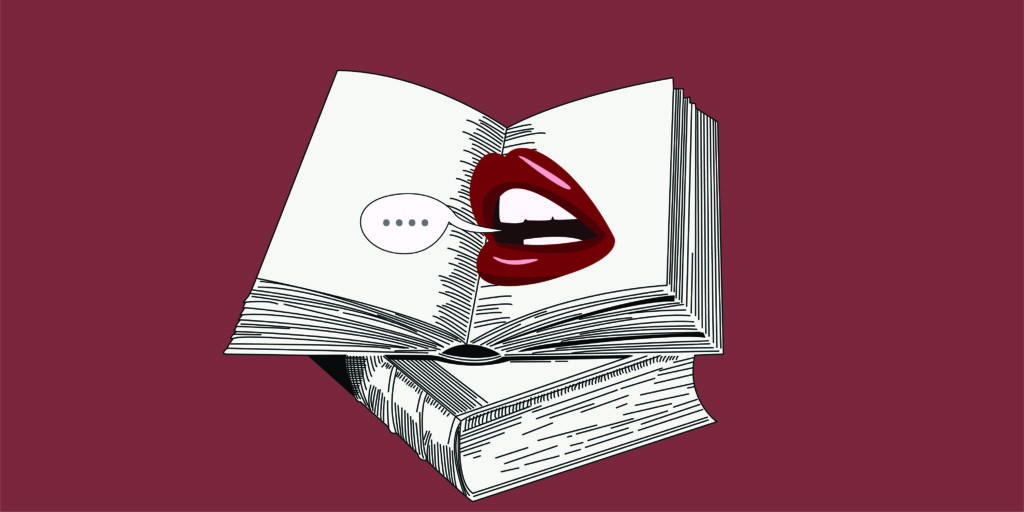In the tangled web of my teenage years, farther back than I care to admit, I had the uncanny ability of always knowing what was best for me. Or so I thought. When my parents told me it wasn’t unreasonable for them to expect me home by midnight after a night out with friends, I argued the point. When they told me I ought not to wait until the last minute to start that book report for school, my standard reply was that I had plenty of time, knowing I hadn’t even started reading the book let alone writing the report. More often than not the choices I made turned out to be not in my best interests, which proved two things: that my parents were right and that my adolescent hubris was doing me more harm than good. Three examples illustrate my deficient powers of distinction: Frankie Avalon or David Copperfield. Elvis Presley or Tom Sawyer. Dion and the Belmonts or Sherlock Holmes and Dr. Watson. I chose Frankie, Elvis, and Dion.
That a teenager would choose rock n’ roll in its energetic heyday over a wealth of dusty literary treasures wouldn’t surprise most people. I confess, the wistfulness of “Venus” still tugs gently at my heart every time I hear it; the raucous energy of “Jailhouse Rock” still gets it thumping; and “A Teenager in Love“ never fails to call up ancient memories of midnight longings for unrequited loves. What I was oblivious to, or simply chose not to recognize, was that there was something else in the world besides rock ‘n’ roll. Too, there was the added irony that I had to walk two blocks to Sears & Roebuck’s record department and pay for the records I wanted when Copperfield, Sawyer, and Holmes were literally within arm’s reach on the bookshelves of our house waiting to introduce themselves to me. And they were free! When I recall the hours spent in front of our Zenith console stereo in a glassy-eyed stupor listening to the songs that scored my youth, I still hear my father’s words as if it were yesterday: “It’s fine to listen to records but do something constructive too. Once in a while read a book.”
Despite his honest and repeated efforts to broaden my perspectives, no amount of exhortation on his part could pull it off. When suggestion and persuasiveness ultimately proved hopeless he resorted to subterfuge and trickery. One day — I remember it was in the summer — he asked me to do him a favor. Would I go to the public library a block away and get a book for him that he wanted to read? The book was Microbe Hunters, by Paul de Kruif. It’s the highly acclaimed story of the fearless scientific men and women in history who risked their lives searching for the connections between microbes and disease.
My father was a doctor who worked for 40 years making daily decisions affecting people’s health, sewing stitches into torn limbs, and signing death certificates when a patient’s time was up. I was a high school sophomore on summer vacation with nothing but time on my hands. With the library half a block away, I saw no reason why I shouldn’t do him this small favor. I went, asked the librarian for the book, and brought it back to my father. When I handed it to him, he sprung the trap: “Actually, I read this book when I was your age. I’d like you to read it and see what a great book it is.” For my father to have to turn to trickery to get me to do something as simple as reading a book, I figured there must be something to it. Besides, he could have stopped me from buying and playing records for hours every day, but he never did. The least I could do was read the book.
Deep down, I always suspected that he was right when he told me that reading was one of the best things I could do for myself, that it was an excellent way to learn and to grow as a person. Like most everything else he told me, he was right about this too. Microbe Hunters wasn’t just good, it was fantastic. The author had written it so that I felt as if I were standing at the elbow of Louis Pasteur as he discovered the causes — and eventually the vaccines — for anthrax and rabies, of Robert Koch, whose discovery of the bacterial causes of tuberculosis and cholera earned him the Nobel Prize for Physiology or Medicine in 1905, and of all the other scientists who discovered the germs that cause disease and, ultimately, the vaccines that protect us against them. It was a dramatic story told with passion and skill. I remember finishing the book and immediately going back to page one and starting over for the sheer pleasure of it.
I mention this event for two reasons. On a personal level, it’s the still-green memory of a moment between a father and son that will stay with me forever. On a deeper level, Microbe Hunters changed not just my life but, as I was to discover, it had changed my father’s as well.

My father was a student at Central High School in the 1930s when it was a huge stone fortress standing at the intersection of Broad and Green Streets in Philadelphia. Later, in 1939, it moved to Ogontz and Olney Avenues in North Philly, where I attended. As he was leaning against the outer wall of the school one day waiting for classes to start, an out-of-control police car, with no warning, jumped the curb on Broad Street and pinned him against the wall, causing a compound fracture of his left leg. The serious nature of the injury and its subsequent infection kept him in the hospital for several weeks and left him with a lifelong scar that reached from his knee to his ankle. His classmates, knowing that he was already an avid reader, brought him a book to help fill the long days of his healing. The book was Microbe Hunters. It was a defining moment for my father. Not only did it help pass the time, but it also set the course for the rest of his life. By the time he had finished reading the book, he knew something he had not known before: that he would become a doctor.
One of the pleasures of reading is the discovery that books have voices. Some talk to us, like Will Durant’s colossal 11-volume The Story of Civilization, an investment worth every second of the time spent reading it. Some hypnotize us, like just about any of Edgar Allan Poe’s short stories into the darker corridors of the human psyche. Some insinuate Hemingway’s The Garden of Eden for instance, as another example of his famous “less is more” style. And some are sheer entertainment, like Damon Runyon’s Guys and Dolls, the collection of his short stories about the mobsters, gamblers, chorus girls, and other assorted characters in 1920s and ’30s Manhattan.
Microbe Hunters talked to me. Although it didn’t turn me into a doctor (as I suspect was my father’s secret purpose behind having me read it), it spoke to me just as profoundly as it did to him. It was the key that opened the doors to the classical world of Greece and Rome, to the splendors of the Renaissance, to Sigmund Freud, Baruch Spinoza, Byron, Tennyson, the Brontës, Faulkner, and a hundred other treasures of history, art, philosophy, and literature. That didn’t mean I gave up listening to rock ‘n’ roll, as the hundreds of dollars spent and the hundreds of albums I still own attest to. What it did do was introduce me to a universe of far richer experiences than rock ‘n’ roll offered. Because of Microbe Hunters, I’ve suffered with David Copperfield in the blacking warehouse of Messers Murdstone and Grinby. I’ve drifted lazily with Huck Finn and Jim down the Mississippi River on a raft. And I’ve smoked the first pipe of the day with Holmes and Watson in the comfort of 221B Baker Street before venturing out with them into the dark alleys of Limehouse and a hundred other crime scenes through 56 stories and four novels. Microbe Hunters was my ticket not only around this planet but beneath it and away from it. It brought me to Spain with Hemingway to watch matadors risk their lives against two-ton bulls and to fish with him for marlin in the Gulf Stream, sent me 20,000 leagues deep into the ocean in the Nautilus with Jules Verne’s Captain Nemo, and plopped me down on the moon’s dusty surface with Neil Armstrong in Norman Mailer’s Of a Fire on the Moon.
Harold Bloom in The Western Canon, his monumental critical work on why reading the great books in western literature is time well spent, argues that “the reception of aesthetic power enables us to learn how to talk to ourselves and how to endure ourselves.” He writes that “the true use of Shakespeare or of Cervantes, of Homer or of Dante, of Chaucer or of Rabelais, is to augment one’s own growing inner self.”
I am proof of Bloom’s assertions. By turning outward to books I was able to turn inward with greater insight and awareness of my own self. Bloom again:
The study of literature, however it is conducted, will not save any individual, any more than it will improve any society. Shakespeare will not make us better, and he will not make us worse, but he may teach us how to overhear ourselves when we talk to ourselves. Subsequently, he may teach us how to accept change, in ourselves as in others . . .
Reading literature, history, nonfiction, poetry or any written form that language takes is both pleasurable and profitable in that it helps us to understand our own motives, emotions, successes, and failures
I’m not so obtuse as to rank Microbe Hunters with the imaginative power of The Canterbury Tales or Hamlet or Don Quixote. And if it hadn’t been Microbe Hunters, it could just as easily have been another book that caused the scales to drop from my eyes. But Microbe Hunters was the voice my father heard as he lay in the hospital recovering his health and planning his future. Through his efforts, I was able to hear the same voice thirty-some years later and be happier for it. •




